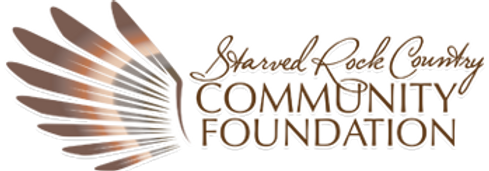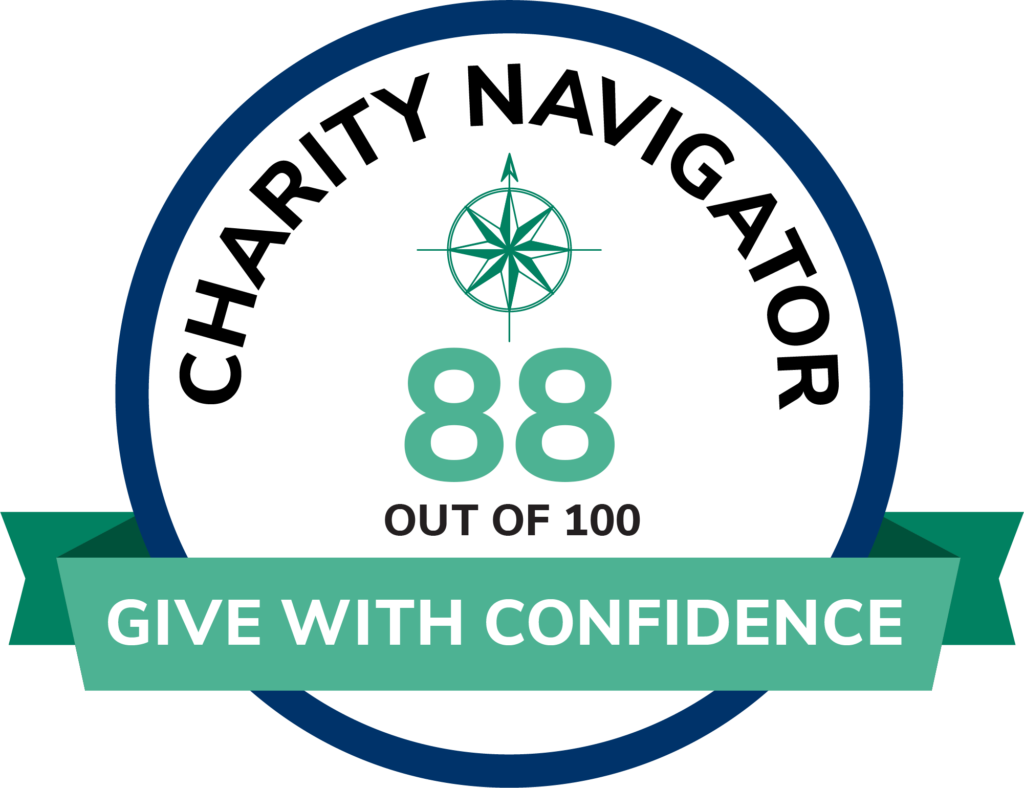In the beginning—2009–Todd Bol of Hudson, Wisconsin, built a model of a one room schoolhouse. It was a tribute to his mother; she was a teacher who loved to read. He filled it with books and put it on a post in his front yard. His neighbors and friends loved it. He built several more and gave them away. Each one had a sign that said FREE BOOKS. Rick Brooks of UW-Madison saw Bol’s do-it-yourself project while they were discussing potential social enterprises. Together, the two saw opportunities to achieve a variety of goals for the common good. Each brought different skills to the effort.
Bol was a creative artisan experienced with innovative enterprise models; Brooks was a youth and community development educator with a background in social marketing. By the summer of 2010, the mission of the little boxes of books was becoming clear. The original Library models were built with recycled materials. Each Library was unique, but all shared the theme of exchanging good books at convenient locations.
The first official Little Free Library outside of the Hudson area was put on a bike path in Madison in the summer of 2010. Within a few months, thousands of people had seen the Library. More people started asking for Libraries.
Amish carpenter Henry Miller of Cashton, Wisconsin became a primary craftsman. He used wood recycled from a 100-year-old barn destroyed in a tornado. Giving away Little Libraries and wooden signs with official charter numbers began to generate curiosity. The movement centered on the enthusiasm of stewards. They often built their own Libraries and were crucial advocates. Some small grants, informal partnerships and alliances began to have an impact on Little Free Library’s ability to keep up with demand. The rest is history.
The year 2011 brought national media attention. There were nearly 400 Little Free Libraries across the U.S. by the end of the year. Bol and Brooks knew it was time to become an independent organization. In May 2012, Little Free Library was officially established as a Wisconsin nonprofit corporation with a board of directors. In September, the Internal Revenue Service granted a tax-exempt status as a 501(c)(3) nonprofit. As the Little Free Library movement has grown, notable people such as Matt Groening, creator of the Simpsons, have supported Little Library models.





